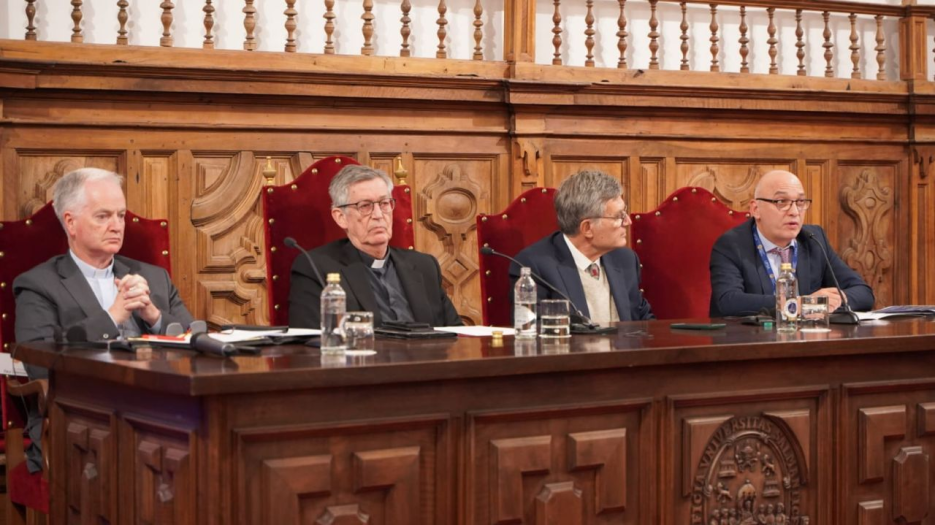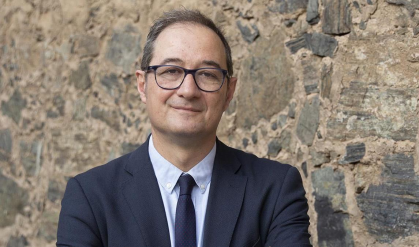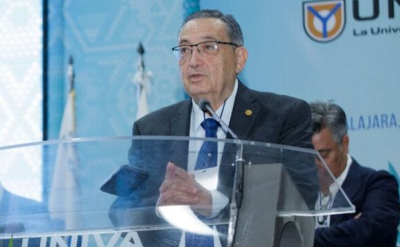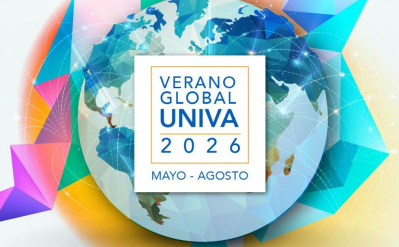News

Building the university "we": lessons from the first day of the International Congress in Salamanca
Yesterday saw the opening of the first day of the International Congress on Internal Communication in Catholic and Pontifical Institutions at the Universidad Pontificia de Salamanca (UPSA). The meeting , organized by UPSA and IFCU, immediately set the scene: to reflect on internal communication not as a simple set of tools, but as a vital space where trust, participation and mission are built.
The inaugural session was opened by UPSA Rector Santiago García-Jalón de la Lama, who reminded participants that communicating within a Catholic university means "weaving bonds of truth, co-responsibility and service". According to him, good internal communication enables every member of the community - teachers, students, technical or administrative staff - to feel part of a common mission. In Catholic institutions, he added, communicating internally is also a way of serving the Church.
The Prefect of the Holy See's Dicastery for Communication, Paolo Ruffini, then gave the opening address. He highlighted the intimate relationship between communication, education and culture, insisting that "in communication that becomes culture, we share an interpretation of the world". Faced with the risks of dehumanized communication - governed by the logic of algorithms or fragmented by continuous flows of fake news - he called for the rebuilding of spaces of trust, listening and dialogue. Relationship, he stressed, is at the very heart of truly human communication.
IFCU's Director of Communications and Strategy, Loïc Roche, reminded us that, in Catholic universities, communication is not just an operational function: it is a mode of governance. Communicating, means creating the conditions for transparency and trust, enabling participation, and making institutional life an exercise in synodality: a path of listening, discernment and co-responsibility.
The first lecture was given by Bishop Paul Desmond Tighe, Secretary of the Dicastery for Culture and Education, on the theme of Catholic universities in the age of artificial intelligence. He explained that AI is generating a transformation comparable to a new industrial revolution, calling on universities to educate with, about and for artificial intelligence. AI can enrich learning, for example through personalized tools, but it cannot replace the educational and relational role of the teacher. Students must also learn to understand these technologies, to question them and to grasp their ethical, economic and social implications. The aim, he insisted, is to ensure that innovation serves the integral development of the individual.
The day concluded with the second lecture, given by Juan Manuel Mora, Vice-rector of the Pontificia Università della Santa Croce. He defended the idea that "communication constitutes the organization", as it shapes the "we", supports collective learning and makes it possible to adapt to change. Drawing on a multi-stakeholder vision, he stressed the importance of cultivating relationships with all stakeholders, particularly internal ones. "Management's trust in employees is the seed of transparency", he recalled, inviting academic institutions to overcome internal fragmentation through dialogue and collaboration. A university that wants to be a true community must rely on authentic, coherent and open internal communication.
This first day brought together participants from Europe, Africa, Asia and Latin America, testifying to the vitality of the FIUC network. Work continues today, in the same spirit of listening, dialogue and service to the common good.














No comment
Log in to post comment. Log in.